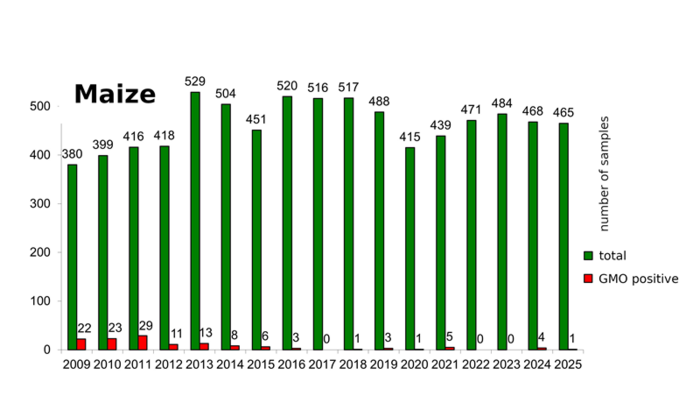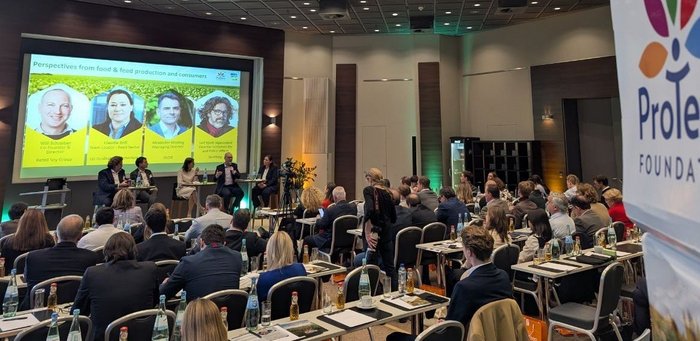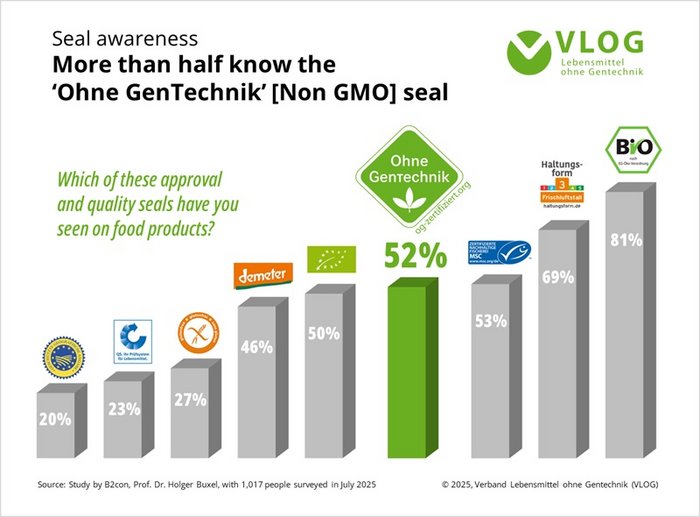News
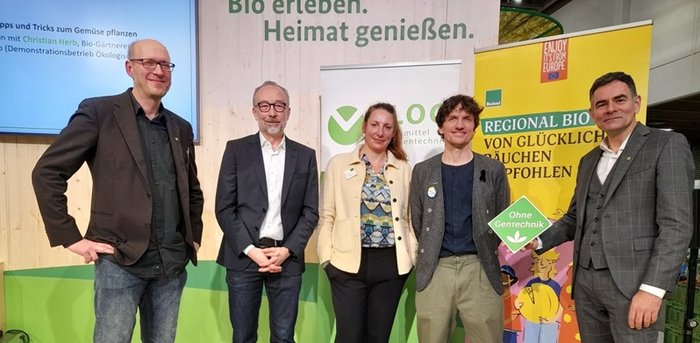
International Green Week: Will "GMO-free" soon only be available with "Ohne Gentechnik" and organic labels?
At a panel debate on the opening day of the International Green Week in Berlin, representatives from VLOG and Bioland, as well as the businesses Alnatura and dennree, warned today against EU plans to deregulate genetic engineering.

International Green Week: "Ohne GenTechnik" campaign enters second round
At the 2026 International Green Week, the second round of the "Do you know what you're eating?" campaign will raise awareness among food fair visitors of the politically topical issue of genetic engineering labelling and the "Ohne GenTechnik" (Non-GMO) seal.

Now it is up to the European Parliament to save GMO labelling
In a trial vote in Brussels, a narrow majority of EU Member States voted in favour of abolishing mandatory GMO labelling and further eroding the regulations for new genetic engineering (NGT). According to reports, Germany abstained from voting.
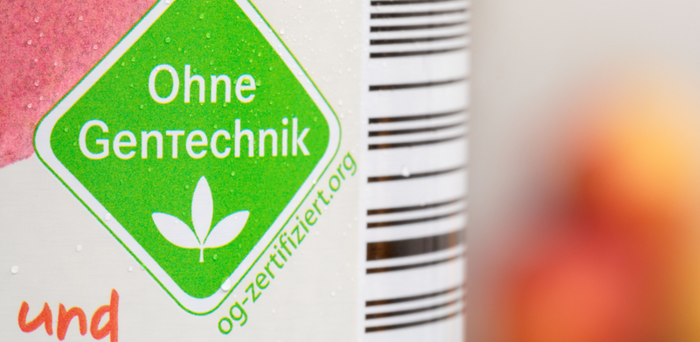
Possible new EU regulations: Will GMO-free products soon be recognisable only by a seal?
If the agreement reached today in Brussels on new genetic engineering (NGT) were actually implemented, GMO-free foods would in the future only be reliably recognisable by an "Ohne GenTechnik" (Non-GMO) or organic seal. However, the European Parliament and Member States can still prevent this.
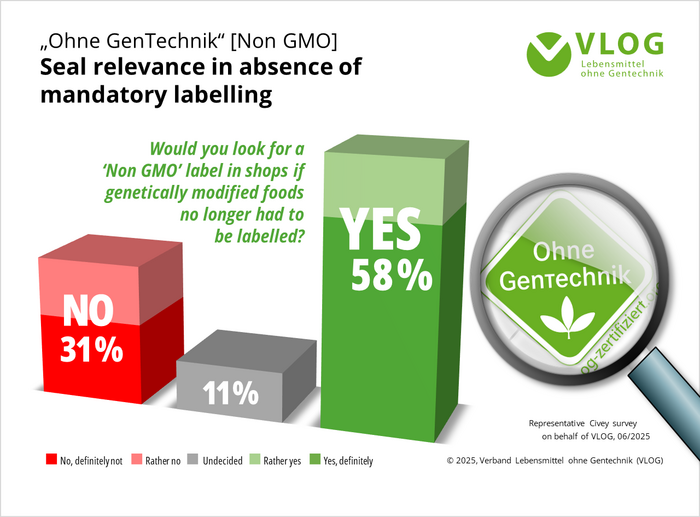
If labelling requirements were abolished: Majority would pay attention to "Ohne Gentechnik" seal
58 percent of consumers in Germany would pay attention to a "Ohne Gentechnik" (Non-GMO) seal when shopping if genetically modified foods no longer had to be labelled in future. This was the result of a representative survey commissioned by VLOG.

New VLOG service on EU experimental releases and the Rapid Alert System
38 approved experimental releases with genetically modified plants in seven European countries, 34 reports in the RASFF rapid alert system: VLOG provides information on the risks of GMO contamination for "Ohne Gentechnik" value chains.
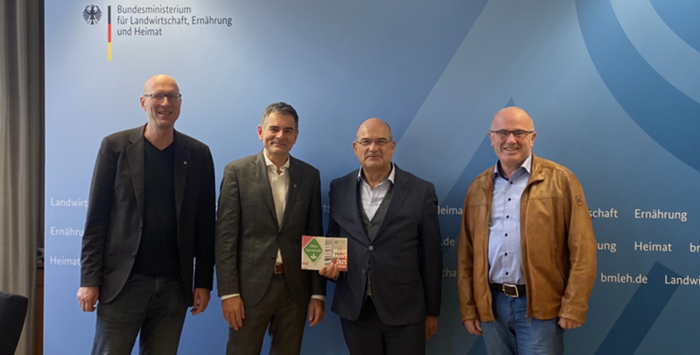
Constructive exchange between VLOG and State Secretary for Agriculture Markus Schick
During a dialogue at the German Ministry of Agriculture, the Association for Food without Genetic Engineering (VLOG) was able to convey the economic importance of "Ohne Gentechnik" (Non-GMO) to State Secretary Prof Dr Dr Markus Schick and explain what is important for the industry in the upcoming new EU GMO regulations.


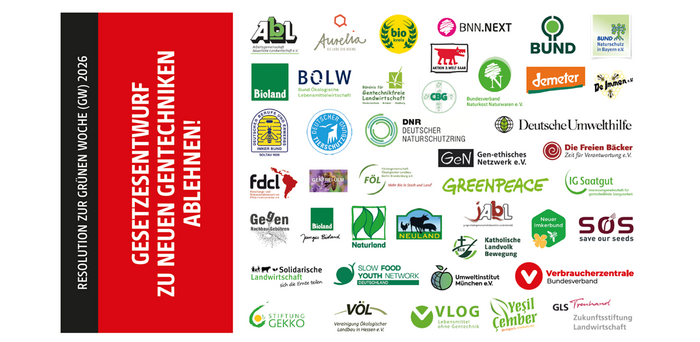
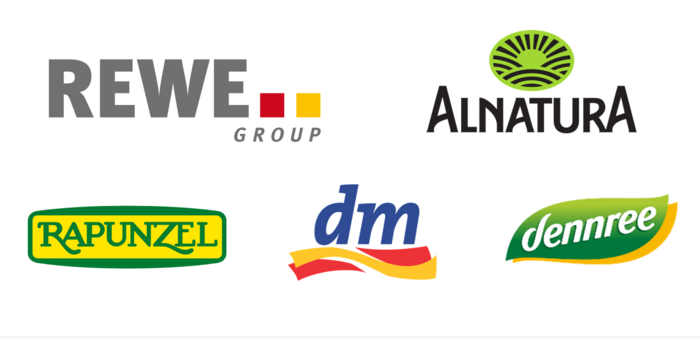
![[Translate to EN:] [Translate to EN:]](/fileadmin/_processed_/f/d/csm_EmpCO_OG-Siegel_Daumen_hoch_d7bdac83ac.jpg)

